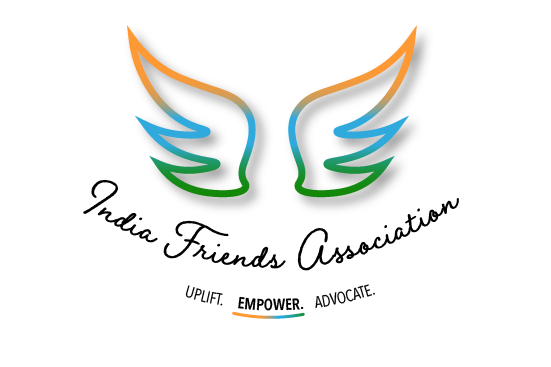Poverty and the Myth of Teaching the Hungry How to Fish
by Prithvi Sharma
“Instead of giving fish to the hungry, teach them how to fish.” Generations of social workers have internalized this wisdom and have passed it on as a matter of faith. And it does seem to make sense. ‘Seem to’ that is, as do so many other things. In my childhood, whenever we came across a beggar, my family would berate him for not working, except, of course my mother who would slip a coin when no one was looking. That too ‘seemed’ to make sense if one overlooked the long lines of laborers standing idly on street corners.
In both cases the cause of poverty is located in the individual. The beggar is so because he doesn’t want to work and the hungry is so because he does not know how to fish. But if it were so simple we wouldn’t have such poverty 75 years after independence.
Measuring poverty is complicated. Google search is confusing at best, a lot depending on who is doing the counting. The last government effort was in 2013 (Tendulkar) that counted 220 million poor. Then they stopped counting claiming that the numbers are coming down. They would if you excluded those earning more than 32 rupees a day. 32 rupees, in the same day in which one lucky Indian earned 2,160,000,000!
But someone has to figure out the money needed to prevent starvation such as the 5 kg free grains per month. So Niti Aayog came up with the figure of 25% poor that is roughly 270 million! But there are 800 million Indians getting free grains. Perhaps they aren’t really poor, just wealthy people out to defraud the state!
What it all means is that the causes of poverty are systemic. India’s 30 million fishers, for instance, definitely know how to fish and yet they are some of our poorest communities. The large trawlers use industrial mechanisms to scoop out the entire ocean floor leaving nothing for these fishers. These practices (much like the Green Revolution) have so depleted the fish reserves that fishing bans have to be imposed for months. This has little impact on the big companies but the small fishers are left to starve. Fishing opportunities are further curtailed by wild life sanctuaries, tourism, military installations and a host of other interventions such as the Sagarmala maritime trade project, that take away whole swaths of ocean fronts out of fishers’ reach. The commercial fish/prawn farming is choking many inland rivers making navigation impossible. Not to mention the lack of facilities for the small fishers to process and store their fish in order to get a decent price.
The truth is that the poor are not this idle, ignorant lot. They are small and marginalized farmers, construction workers, artisans, hawkers, waste pickers, cycle rickshaw pullers and so on. There must be some for whom begging is a matter of choice but it really takes a lot of mental programing to believe that so many human beings would demean themselves so if there was a reasonable way to earn a living.
It isn’t not knowing how to fish that makes them hungry. It is because they are pushed away from the fishing area, fish is taken away from them, they can’t get the right price for their fish and so on. Maybe these are the lines we should be teaching so we don’t have to wait another 75 years to eliminate poverty.

